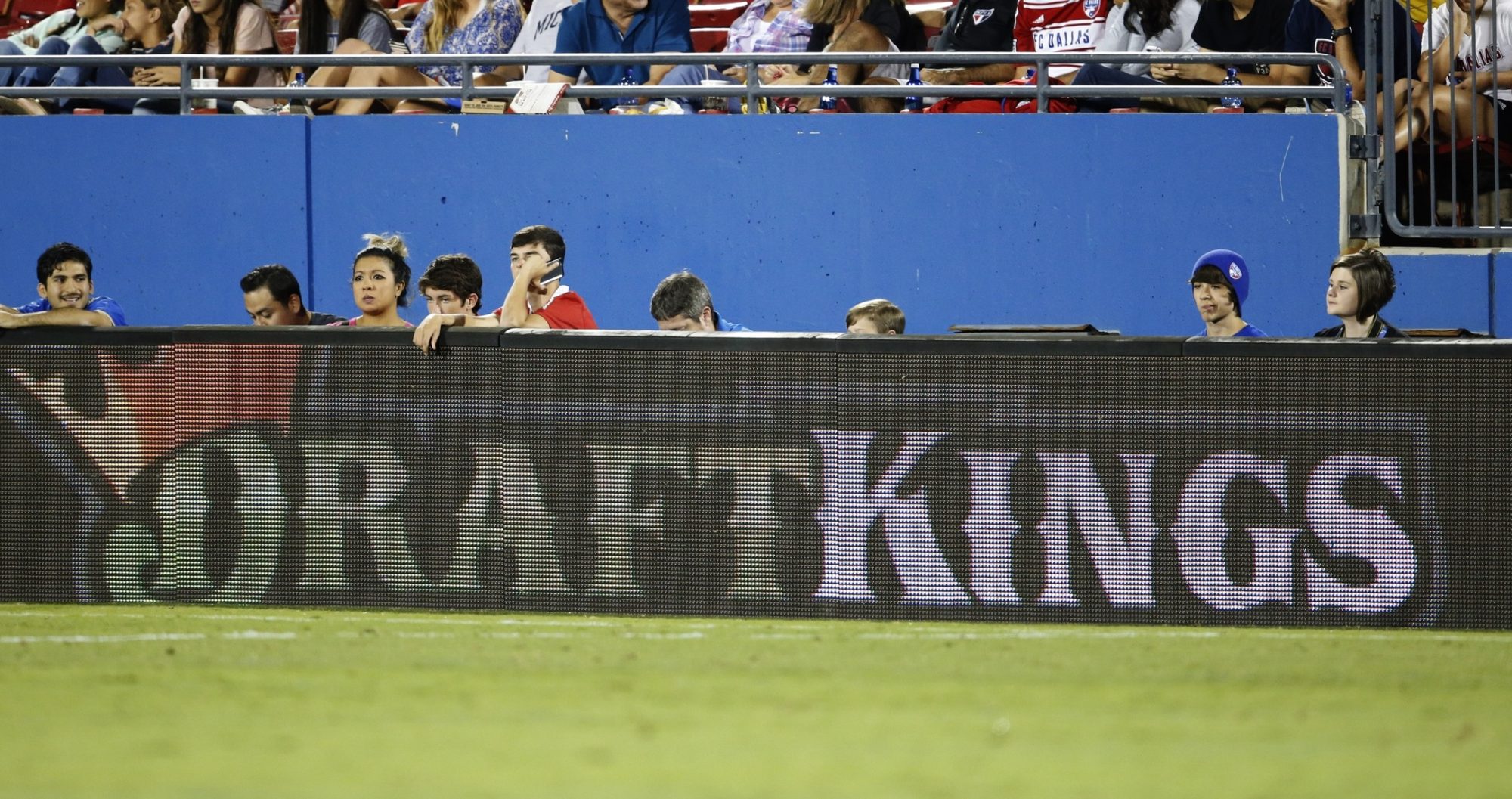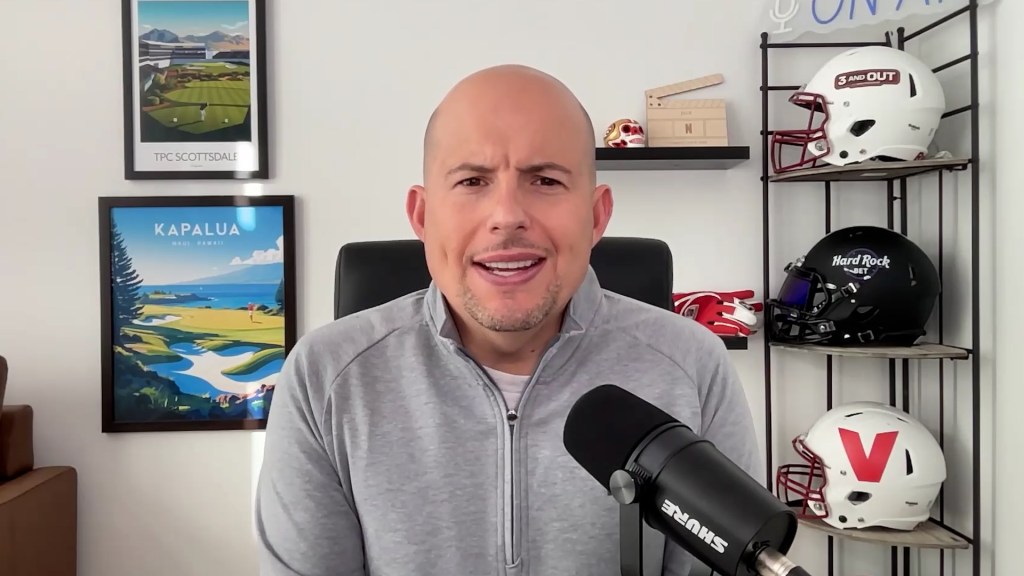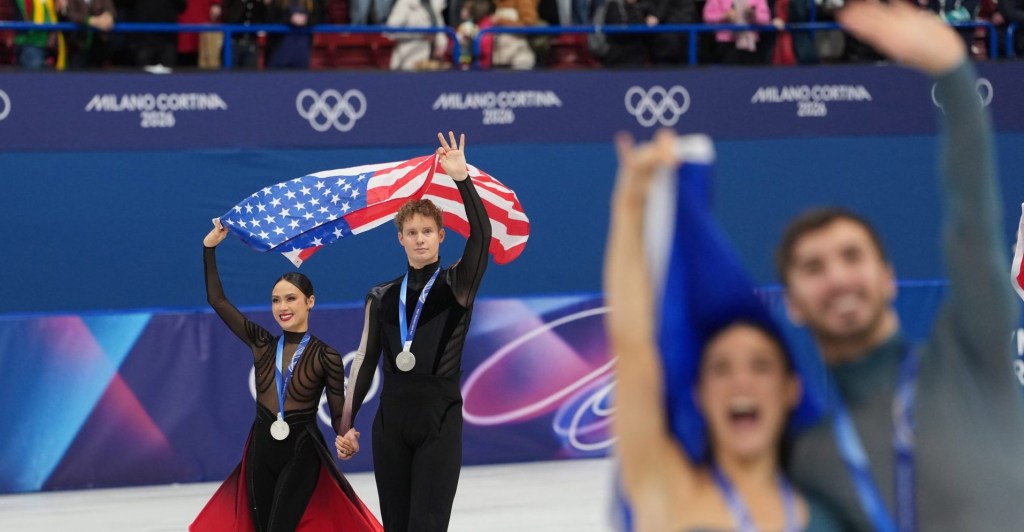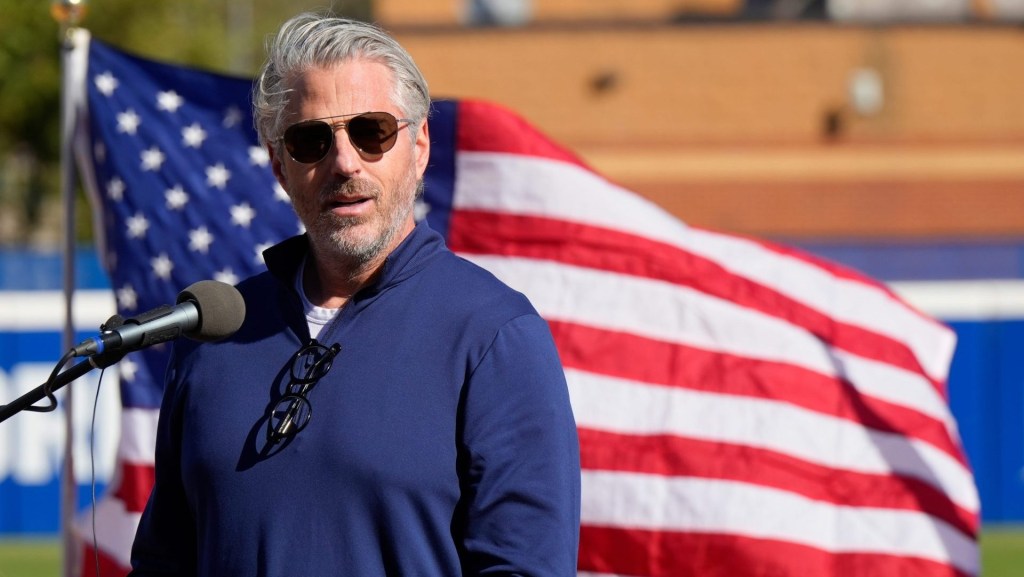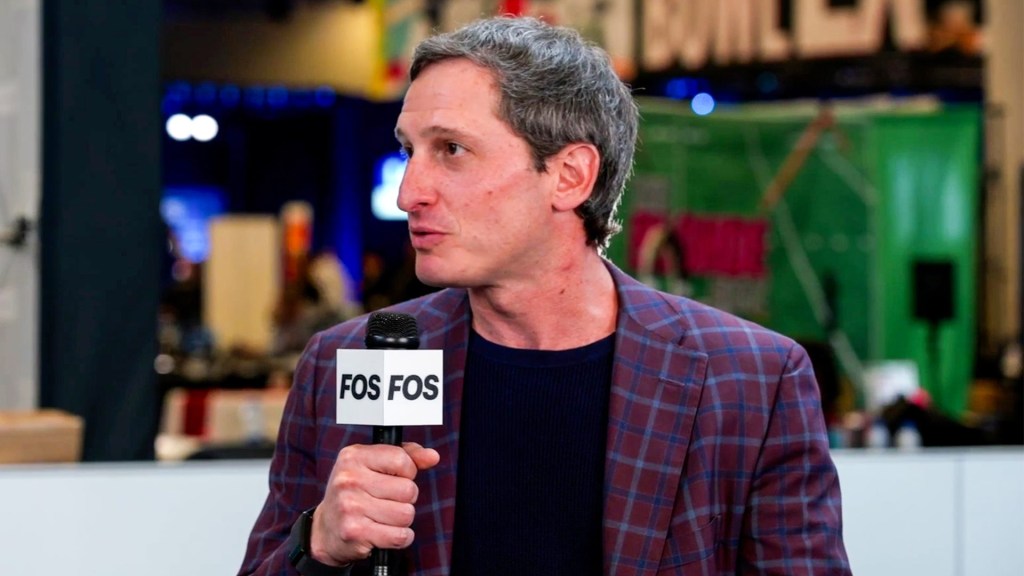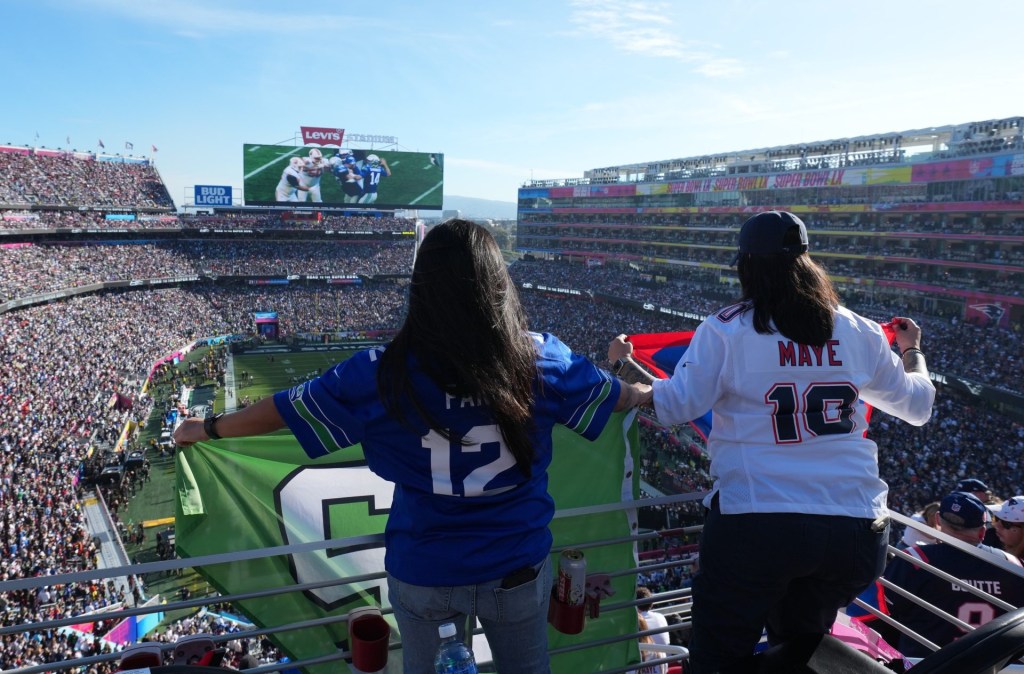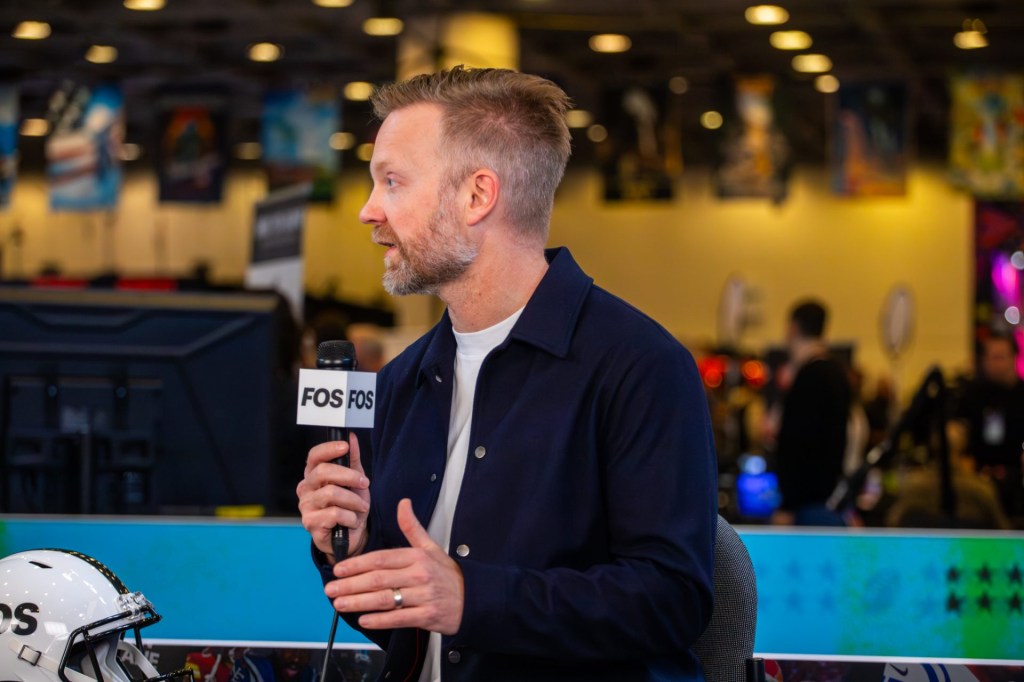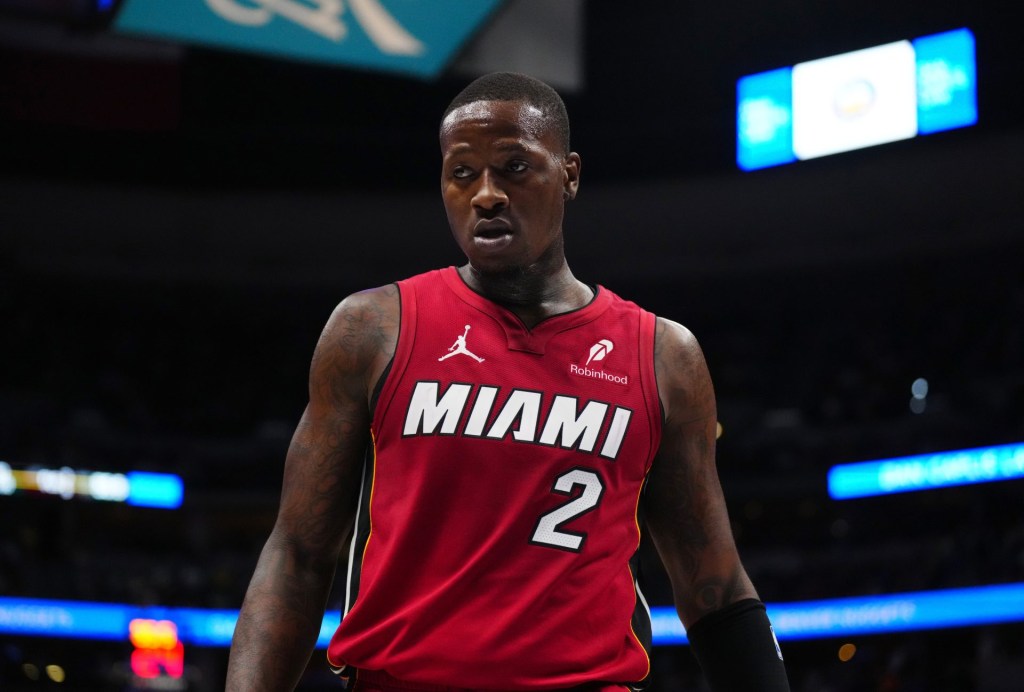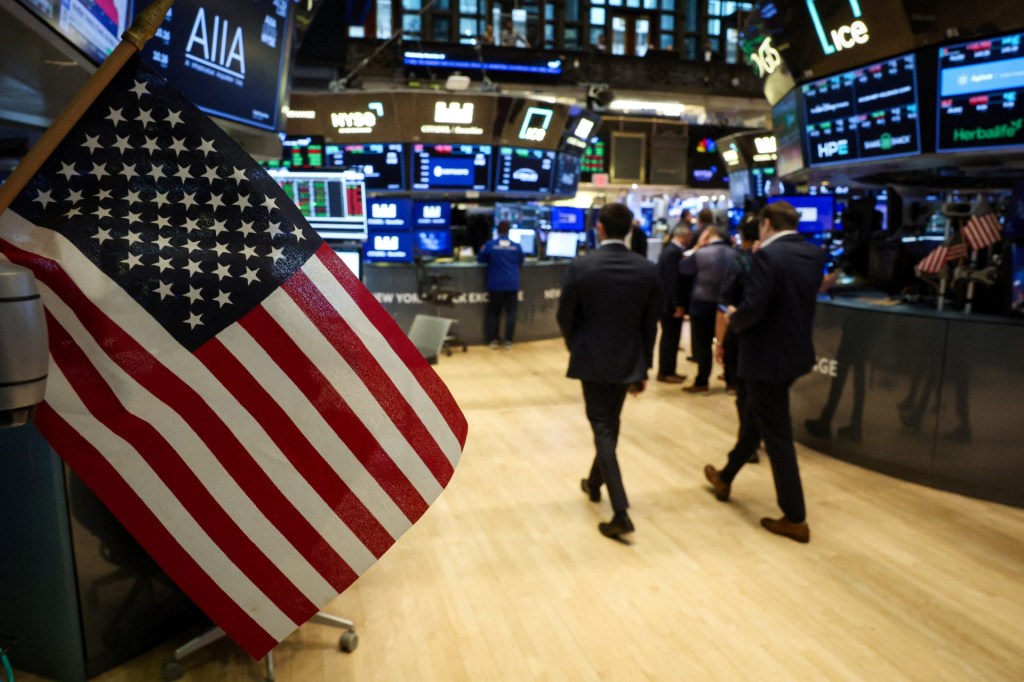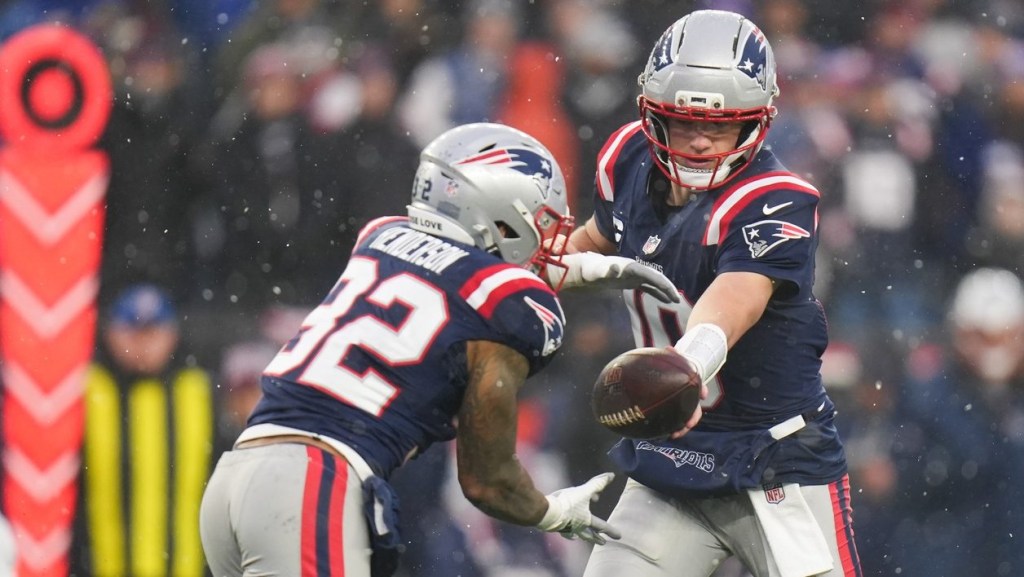For more than eight months, DraftKings has led a bicoastal legal blitz to enforce former executive Michael Hermalyn’s non-compete agreement.
After Hermalyn left DraftKings last February for a similar role with Fanatics Sportsbook, DraftKings alleged he absconded with many of its “most commercially sensitive documents” as part of a plan concocted with Fanatics CEO Michael Rubin to give the sports apparel giant a foot up in the legal sports-betting space.
With at least 21 lawyers from two of the nation’s most prestigious (and expensive) law firms, DraftKings has gone after Hermalyn to an extent that its own employees find draconian—but the law has repeatedly sided with DraftKings so far.
As Hermalyn’s one-year non-compete ticks down to its Feb. 1, 2025, expiration, DraftKings already successfully limited his work with Fanatics through an injunction in a Boston federal court. That injunction was upheld by the 1st Circuit Court of Appeals just last week, another loss for Hermalyn and Fanatics.
But Hermalyn is primed for a court victory as part of a separate suit he filed in Los Angeles County, where a judge has signaled he will likely invalidate the non-compete at a one-day trial scheduled for Nov. 19—a ruling that would be in direct opposition to what U.S. District Court Judge Julia Kobick granted DraftKings.
“The best way to put it if he wins [in California] is that there will be chaos because you’d have two seemingly incompatible orders,” says Paul Lesko, an independent attorney in St. Louis who has followed the litigation since it began.
When Kobick awarded DraftKings a preliminary injunction earlier this year, Fanatics said in a statement that the legal wrangling by DraftKings is a “cheap attempt at petty retribution against a former employee” and the litigation against Hermalyn has been ”used to instill fear and intimidation across DraftKings’ entire employee base.”
The legal blitz by DraftKings hasn’t gone unnoticed by current and former employees, because this is far from the first time the betting giant has been aggressive in seeking to enforce a non-compete in court.
“It’s disappointing,” one former employee tells Front Office Sports. “DraftKings is a publicly traded company that is supposedly well run—and then they run somebody like Mike through the mud. It’s all very disheartening.”
FOS spoke to a half-dozen current or former DraftKings employees, who would speak only on condition of anonymity because they fear retaliation, and each told similar stories of the strongest enforcement of non-compete clauses at every level of the company, which has more than 4,000 employees.
“In a sense, we are all petrified that [DraftKings] would come after us for non-competes if we tried to change jobs,” a current DraftKings employee tells FOS. “It is something everyone feels and knows, myself included, when I first took the job on condition of signing a non-compete.”
After Christopher Fargis, who was director of sportsbook operations, took a job at WynnBet as the head of its digital sportsbook in 2020, DraftKings sued Fargis in Massachusetts state court. Fargis had signed a six-month non-compete.
Attorneys for Wynn and DraftKings went back and forth in the weeks before the lawsuit was filed. Ultimately, Wynn assured DraftKings that Fargis would not be employed “in a position that would violate Mr. Fargis’ non-competition agreements,” according to court documents obtained by FOS. That didn’t satisfy DraftKings.
“Mr. Fargis possesses substantial knowledge about confidential information and trade secrets about DraftKings’ operations, its technology, and its customer base, including its iGaming business,” DraftKings lawyers wrote in the civil complaint. “This information, if provided to a competitor such as Wynn, would cause DraftKings immediate and irreparable harm.”
Fargis, who never started the job at Wynn, declined to comment.
Beyond the lawsuits, DraftKings has been known to reach out to other online sports betting companies when employees depart DraftKings, two betting industry sources told FOS. DraftKings did this mostly via emails that alerted competitors about a departing employee’s non-compete terms.
“DraftKings has consistently been named a top workplace by numerous reputable organizations and publications globally over the last several years,” a DraftKings spokesperson told FOS in a statement for this story. “The claims by Mr. Hermalyn and a small number of disgruntled former employees do not represent our company culture and its thousands of loyal and dedicated employees.”
Non-compete clauses can be traced back more than 600 years, to the reign of Henry V. The first known case involved John Dyer, a British apprentice who was sued for violating a six-month non-compete agreement. The master tradesman who filed the suit, however, failed to show up to court, and the judge refused to enforce the provision.
DraftKings is hardly the only company in modern day that uses non-competes as a competitive tactic to prevent employees decamping to competitors. But the Federal Trade Commission would like to put a stop to them completely.
The FTC’s attempt this year to end non-competes for all U.S. workers (minus existing non-competes already in place for top executives) would have gone into effect Sept. 4, but it was thwarted by a federal court in Texas. While the FTC’s attempted rule is dead unless a higher court revives it, George Washington University law professor William Kovacic says the effort helped “catalyze a new debate over these employment restrictions” and could spur Congress to take action. The Workforce Mobility Act, which has both Senate and House versions, is among the bills proposed in the current session.
“Non-compete agreements stifle wage growth, career advancement, innovation, business creation, and human freedom,” Sen. Todd Young (R., Ind.), who cosponsored the Senate bill with Sen. Chris Murphy (D., Conn.), said in a statement to FOS. “Our bill aims to remove these barriers and create opportunities that help, not hinder, workers. The reforms in our legislation will assist workers and entrepreneurs so they can freely apply their talents where their skills are in greatest demand.”
Despite the FTC’s failure to end the use of non-competes at the federal level, California passed a law last year that banned them altogether (except in the sale of a business), “regardless of whether the contract was signed and the employment was maintained outside of California.” The latest law went into effect Jan. 1—more than two years after Hermalyn signed his non-compete at DraftKings.
California-based employment law and trade secrets attorney Jeff Farrow says Hermalyn’s agreement with DraftKings would be unlikely to survive legal scrutiny if he had entered into them as a California resident.
“It’s not the type of agreement that would be enforced in California and several other states,” says Farrow, a partner at Michelman & Robinson. “California has really, really taken it upon itself to kind of be the pioneer in invalidating those provisions.”
That’s why Hermalyn tried to establish residency in California shortly before he quit his DraftKings job on the East Coast.
On Jan. 29, Hermalyn moved from New Jersey to Southern California, where Fanatics has an office. He quickly got a California driver’s license, bought a car, and set up an appointment with a new doctor there, according to court filings. On Feb. 1, he officially resigned from DraftKings, and his lawyers went to court in downtown L.A. that same day.
Hermalyn filed the suit (and requested a temporary restraining order) in L.A. County Superior Court in a bid to get his non-compete terminated before DraftKings could file a suit in Boston federal court Feb. 5, a complaint that alleged the company “would suffer irreparable harm” if Hermalyn was allowed to work for Fanatics Sportsbook in any capacity.
L.A. County Superior Court Judge Tony L. Richardson has declared Hermalyn is “likely to prevail on the merits of this case,” according to an order obtained by FOS. DraftKings lawyers previously sought to get Richardson removed, along with several other unsuccessful challenges in an apparent attempt to delay the proceedings, according to court records obtained by FOS.
Richardson is slated to rule on Hermalyn’s case before Thanksgiving. Even though Richardson could invalidate the non-compete under California law, that would still not nullify DraftKings’ injunction. Lesko says DraftKings would likely appeal Richardson’s ruling if it goes Hermalyn’s way. Meanwhile, Hermalyn’s attorneys would likely submit the ruling to Kobick, the Boston federal judge, in a bid to lift the injunction.
Any resolution will likely come after Hermalyn’s non-compete expires anyway in early February. So at this point, he’s fighting to shave three months off the non-compete.
